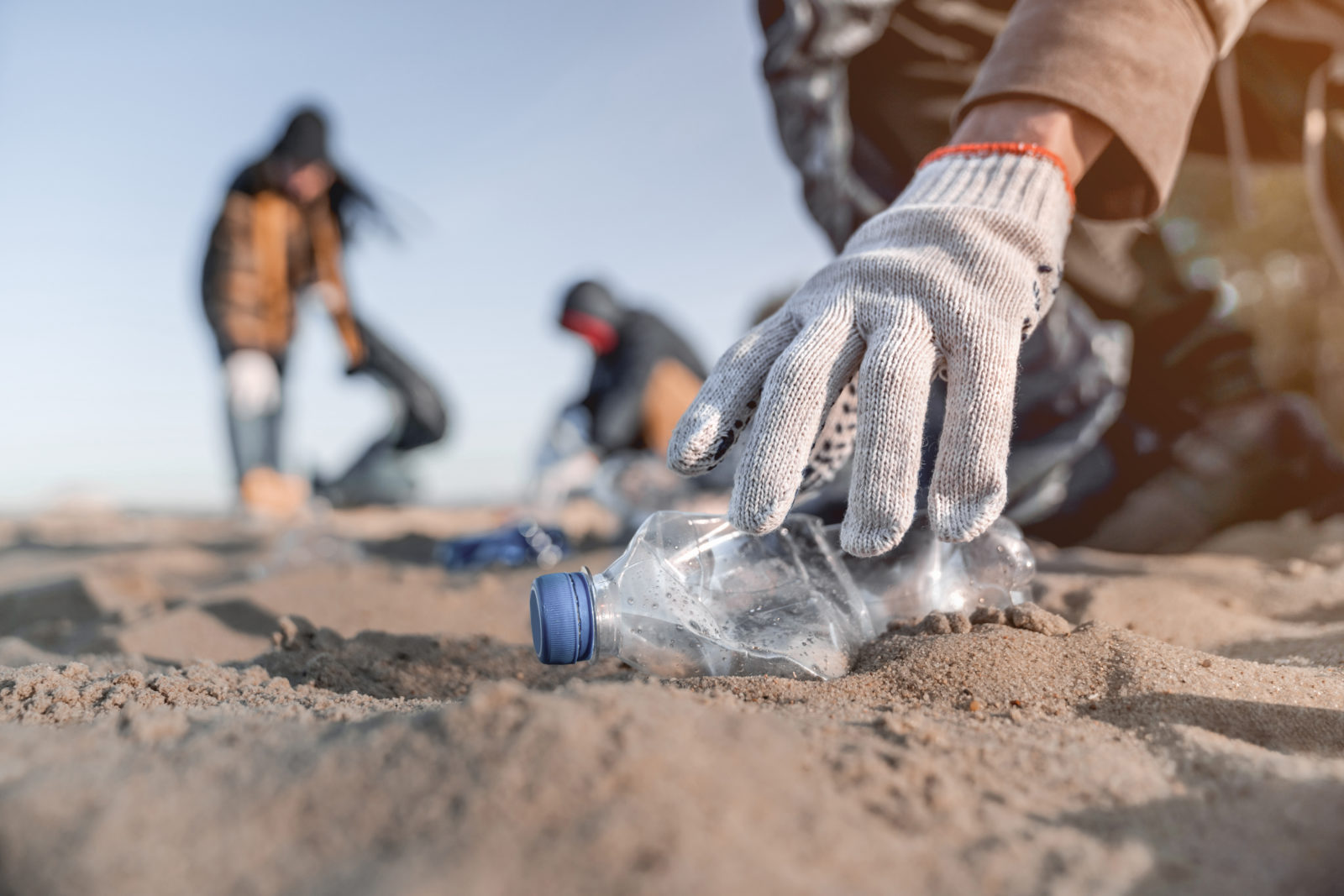Blog | Profiles: Oceana


“Scientists estimate that 33 billion pounds of plastic wash into the ocean every year. That equates to about two garbage trucks’ worth of plastic entering the ocean every minute.” Hunter Miller, Senior Field Representative for Oceana
Ever since its not so humble beginnings, Oceana has always shown a focus on plastic pollution and overfishing. Founded in 1999 by a few key successful foundations coming together, Oceana was formed to create a sort of marine supergroup working to protect and restore the world’s oceans. It now has over 225 victories and has protected nearly 4 million square miles of ocean.
Although Oceana’s US chapter works to rectify a multitude of problems the world’s oceans are facing, we focused on the importance of campaigning for policy change and how it can make real-world differences.
When it comes to plastic pollution, Oceana has found the root of the problem is private companies and lax government policies. Hunter says, “recycling alone will not solve this problem — only 9% of the plastic waste ever generated has been recycled. To have an impact, we must reduce the amount of single-use plastic being produced and used.”
This is why Oceana campaigns to stop plastic pollution at the source. They call on private companies to stop using plastic so frivolously. They also campaign to introduce local, state, and federal policies that’ll reduce the production and use of single-use plastic.
To say that this approach is seeing results is putting it lightly. Just this year they’ve been a part of some historic policy changes targeting unnecessary plastic pollution.
A huge victory, and one of Hunter’s proudest, is Oceana’s instrumental role in pushing California to enact the strongest plastic source reduction policy in the nation. The new law requires producers to slash their single-use plastic packaging and foodware by at least 25% by 2032. It will also implement the first statewide reuse and refill mandate.
Hunter explains that this victory is so important because, “it will shift the burden of plastic pollution in the state back on producers, who will be required to pay 5 billion over ten years in environmental mitigation funds.” He also says that it’ll address plastic’s harm to disadvantaged, low-income, and rural communities who have felt the impact and effects of plastic production the most.
Hunter tells us that just this year, the U.S. Department of the Interior announced that it will phase out single-use plastics in national parks and other public lands. It’s great news for Oceana who sent the letter to Deb Haaland, U.S. Interior Secretary, calling for the single-use plastic ban. It’s also the country’s first step toward enacting the Ocean Climate Action Plan.
As Hunter says, “it will reduce the procurement, sale, and distribution of single-use plastic products and packaging in 423 national parks, including 88 ocean and coastal parks.” Policies and new laws like this show that the government is beginning to take plastic pollution seriously on a federal level.
Through research and eyes on our oceans, Oceana has seen that there needs to be a focus on winning policy victories that set science-based limits on the amount of fish allowed to be caught. “ If we don’t have science-based catch limits”, Hunter says, “fish can’t rebuild and thrive.”
Oceana has recognized the need for more transparency when it comes to overfishing. That’s why they’ve introduced Oceana’s Transparent Oceans Initiative (TOI). It provides research and strategic outcomes to make governments and distant-water fishing businesses more transparent and accountable.
Hunter explains that “poorly regulated distant water fishing fleets, which are fishing vessels subsidized by governments to fish in the waters of other nations, are notoriously tied to overfishing, food insecurity, human rights abuses, illegality, and ecosystem damage.”
With the Transparent Oceans Initiative, Oceana is uncovering offenses and abuses in distant-water fishing fleets and catalyzing policy change to protect fish-reliant communities.
When campaigning for policy change, it can often feel like it’ll only bring change on paper. But, Oceana has shown time and time again that it can bring real-world change and help protect and restore our oceans. Hunter says, “some of the best ways to help the oceans are by contacting elected officials on the local, state, and federal level; demanding for plastic-free products from companies, and purchasing sustainably caught seafood.”
If you’d like to join Oceana’s efforts, follow their social media, @Oceana, and sign up to Wavemaker at oceana.org/join. They’ll email you all the latest events happening where you live, ocean news, and more that’ll help you have the biggest impact on the oceans.